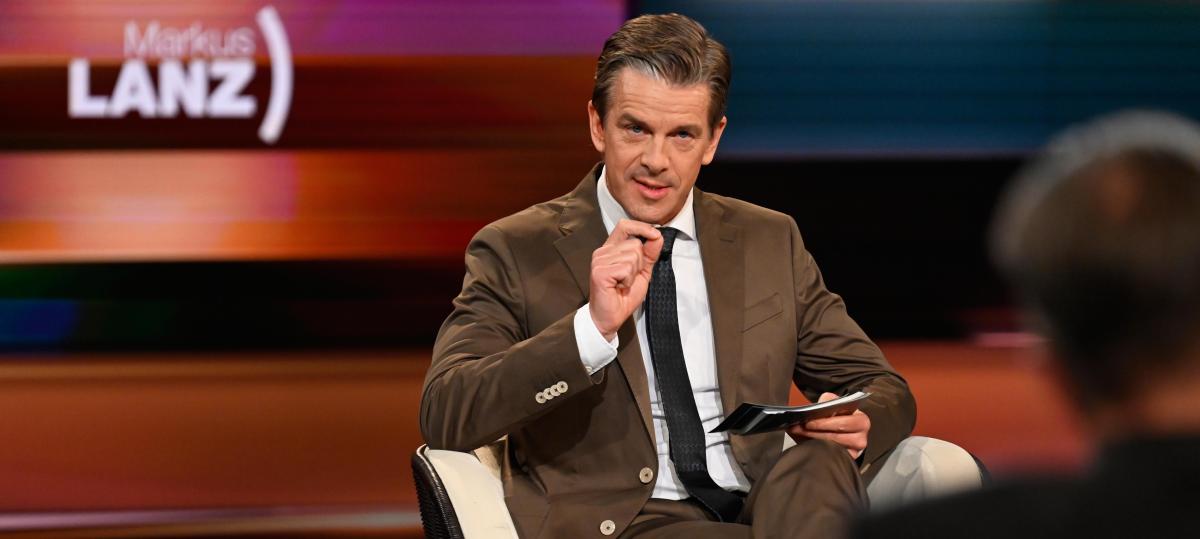Column | The Council of State comes out of the closet, but not
:format(webp)/s3/static.nrc.nl/wp-content/uploads/2025/04/04142253/web-0704OPImachtigetijden1.jpg)
Every year the Council of State Warehouse Cleaning holds: How is it in the Democratic constitutional state. The center of gravity is in the annual report the consideration of the vice-president, who then affords a warning or two, three. Please adjust something here, please overhaul something, please note Europe, keep ‘public management’ under control, etc. The basic attitude is always one of self -confidence. Not to participate in the puppet show, but be silent power, claim the function of conscience: the state ‘being’.
This year, with Trump on the goat and the PVV in power, under a partyless hiring premier in a supporting role, the task is greater. What are you going to say as a vice-president with an imminent system crisis. Thom de Graaf started this way: « Until recently unimaginable geopolitical changes seem to go hand in hand with a decreasing trust in the democratic form of state all over the world. » The elephant in the room is thus ‘appointed’. Autocracy is advancing as a form of governance. Trust in democracy is crumbling. And after that: « The Netherlands is also not immune to autocratic influences. » It is therefore time to strengthen the ‘guarantees against undermining’.
For this he seeks coverage in voter research, in which the support for the Democratic Order is not called « not self -evident and in a sense fragile ». The Council of State shakes its gray feathers. Is the concept of ‘alarm bell’ in place? Judge for the light -stingy interview that Thom de Graaf in NRC gave Is there something going on. With great emphasis in the newspaper, the vice-president did not want to say anything more than he had already written down. And apparently not pulling any more political fire than is already the case.
Read also
Also read: Why political courage has almost disappeared from democracy
The temperature between the States General and his oldest adviser is already rising. Last week the Council of State ruled still destructive About a VVD/JA21 initiative proposal that wants to expand the community service prohibition. That increases recidivism, misunderstands light cases and leads to disproportionate penalties: not spending a parliamentary time in this form. That is an advice as an ear. That is not really good. In the pension debate, a NSC parliamentarian called a strongly negative advice from the Council of State a « avalanche of unproven propositions ». PVV leader Wilders recently qualified the Council of State as ‘unelected bureaucrats’. The strong criticism of the asylum laws of the cabinet would change ‘nothing’ in terms of him. So the middle finger.
To be ‘neutral’ in that political climate at the same time and not to renounce your electric fence function, a balancing exercise is. Because if the autocracy gains ground, the contradiction of a Council of State is no longer a need. In this way, the Graaf’s analysis of the threatening democratic decline is a brave and also clear piece. Also with a number of suggestions. Politics should learn to moderate his promises and no longer create illusions with the voter. Entire groups of citizens now experience too little grip on their lives – a lack of resources and possibilities to achieve their ‘life goals’. That can fuel polarization and affect trust, both in the government and in democracy. So dimming, The Hague.
From now on working together to strengthen the ‘democratic ethos’. What comes down to « mutual tolerance and institutional restraint. » Restoring a democratic culture, of open political debate and compromise, learned in practice, ‘forgiving’ and refined. The legislator could also codify those standards. Now democracy is often a ‘culture’, implicit and ‘unaductfully’.
Does such a sermon also have teeth somewhere? It took some searching, but I thought this was. De Graaf wants to « limits undermining or hollowing ». Among other things « through rules for the organization and financing of and supervision of political parties, including the party ban ». Manipulation via social media by Big Tech makes « powerful European measures indispensable. »
The parties should therefore not argue with impunity autocracy. And democracy disruptive technology must be strictly regulated. That is more than the Council of State, in years, has allowed itself to be ‘advice under the radar’.
Folkert Jensma is a legal journalist and writes every other week on Wednesday.

:format(jpeg):fill(f8f8f8,true)/s3/static.nrc.nl/bvhw/wp-content/blogs.dir/114/files/2019/07/roosmalen-marcel-van-online-homepage.png)
:format(jpeg):fill(f8f8f8,true)/s3/static.nrc.nl/taxonomy/bf9b707-commentaar-itemafbeelding-2024.png)
:format(webp)/s3/static.nrc.nl/images/gn4/stripped/data130990529-68d285.jpg)



